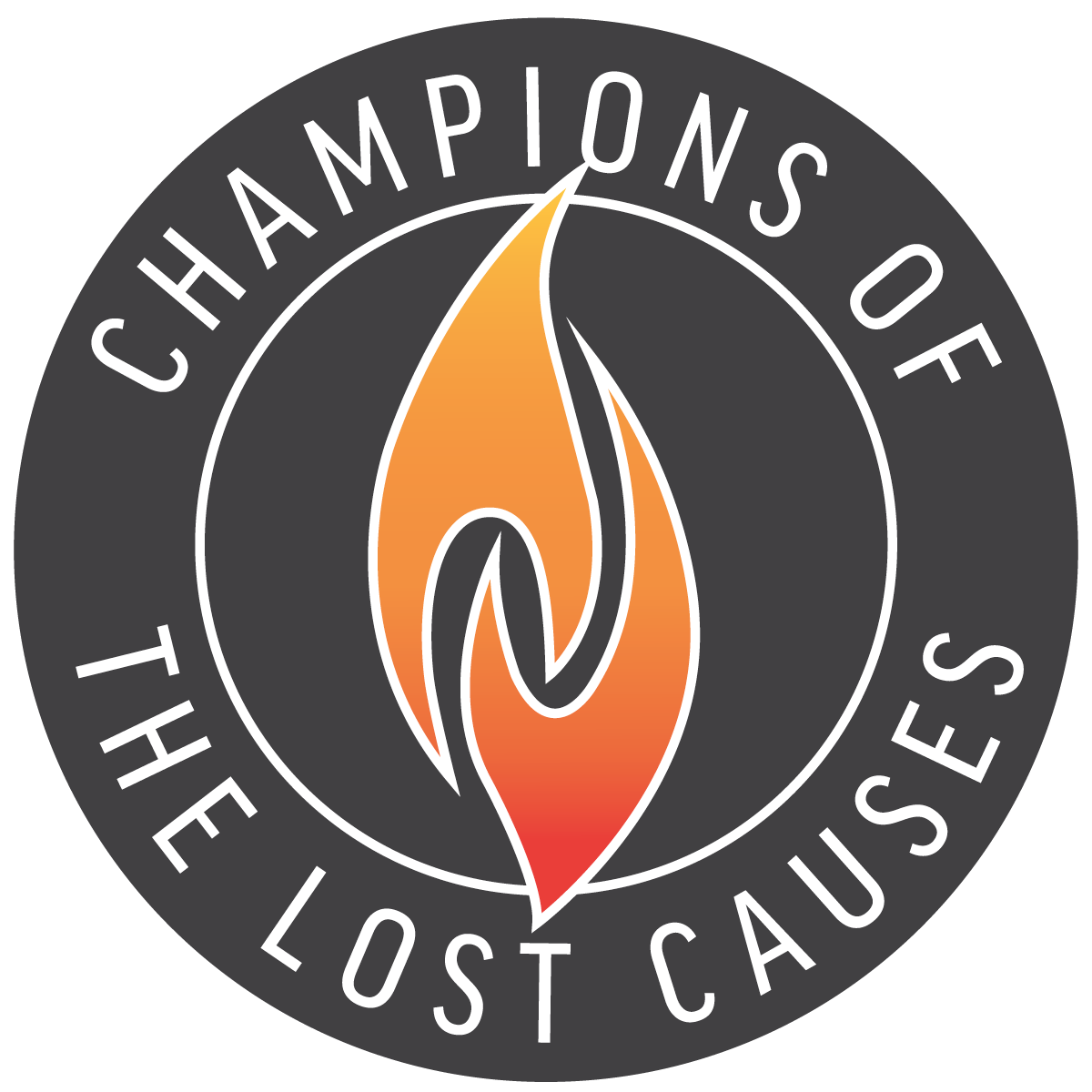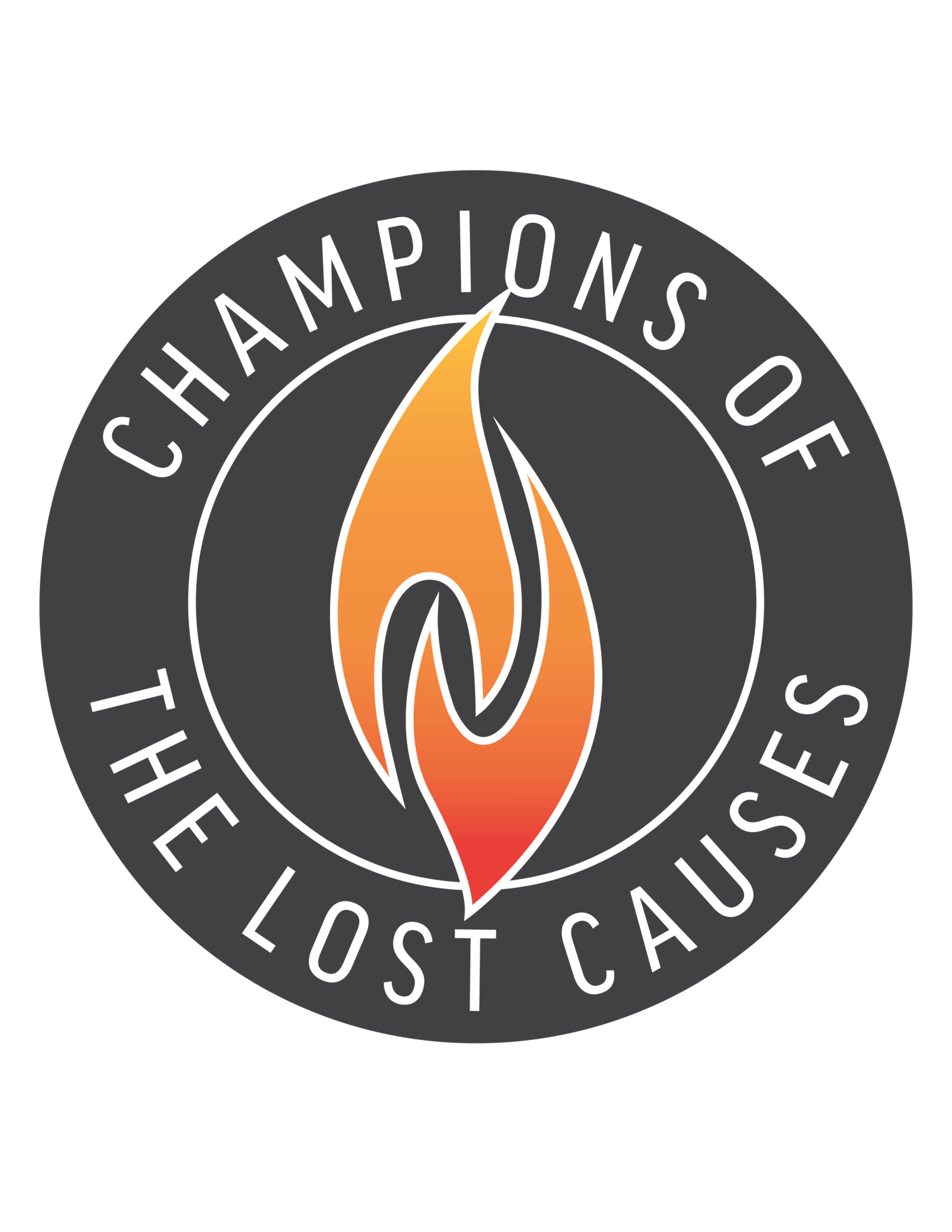Chapter 6: We gave our all, but had we passed the test?
The day came for the Urban Land Institute to reveal its summary recommendations at the Peabody, Memphis' signature downtown hotel. There was pipe and drape, a table with microphones and pitchers of water. Mayor Wharton and his staff were there. This was high-form official. The ULI panel had taken in all the National Charrette Institute data, and the recommendations they were about to reveal were based on the NCI data and their own interviews. We had done all we could, now we would learn how we had fared. Had we really packed the room, had our say and been heard? Had we been convincing enough?
Mike and I were too amped up to sit down, so we paced as the room filled up. We talked to Coliseum supporters we knew… it was a roll call for those who'd really been invested in the outcome. Our core team was there, but so were many in the wider activist community. We took note of the usual suspects, too. Tim Marsh was there… of course he was... and so were several other insider developer types of his ilk. Tim had received millions in no-bid contracts from Lipscomb. He was Lipscomb's go-to guy, and a lot of people had grown to dislike and distrust him. He was slick. He had too much to gain. He didn't engage with us. Why would he? We were a speed bump, I'm sure he assumed… nothing more. Tim Marsh and the other insiders were the ones most likely to benefit from Lipscomb's plan going forward, and they all had smug looks on their faces. They knew where their bread was buttered, and they had no reason to think that their bet on Lipscomb wasn't iron-clad certain to pay off.
Mike and I never did sit down. All the pacing around working the room left us standing when all the seats filled up and the meeting came to order. After the greetings, well wishes and thanks from Tom Murphy, who led the panel and introduced the others, he started with areas of agreement. Everyone loved the Fairgrounds. It was a treasured asset long known for bringing people together. Yeah, yeah, we love it, too!
It was hard to be patient.
They started pouring through some grounding facts about tax base within a five-mile radius… Mike and I were focused, but we were listening for the major movements and this was still the prelude. After all the nervous energy at the outset, this was lulling us to sleep.
"We don't think the land parcel can sustain 400,000 square feet of retail," Tom Murphy said. "We recommend 15,000 square feet of smart retail."
Mike and I looked at each other… what did he just say?!
It was a jolt of adrenaline.
We started making eye contact with others on our core team. If they were willing to push back that hard on the square footage of retail, anything could happen.
The Coliseum was the last thing the panel addressed. It was the headliner issue everyone had waited to see close down the show.
Noting its significant history as the City's first racially integrated public assembly building, all the concerts and other events that had happened there, and how it had been built as a sister facility to the Liberty Bowl, the panel said:
"We recommend keeping the Coliseum, repurposing it, and featuring it as an historical anchor. We think there's an opportunity to play up its connection to the Liberty Bowl."
We couldn't believe it!
"Yesssssss!! Hell yes!" Mike said. "We did it!!!"
We had taken the hill.
We had been convincing enough! The building's potential was plain to see, to us, but now that view was backed up by impartial experts who'd done their research and, it turned out, had really listened. It was a watershed moment, a big victory for us, and a major defeat for Lipscomb.
Tom Murphy had to leave early to catch a flight, but he turned it over to others for closing remarks. As he passed me, still standing in the back, he stopped, and we smiled and shook hands. He leaned in close and whispered, "Keep fighting for that building, and let me know if I can ever help you."
"Thank you," I said. "I'm going to take you up on that!"
His eyes sparkled like they had that night at the reception, and the squeeze of our handshake strengthened.
"I hope you will," he said as he clapped me on the back and left.
Lipscomb took to the lectern with a few closing remarks. He thanked the panel and those gathered as you'd expect, but then he started talking about the process and what we'd all learned. He started working it into a real soaring speech about people coming together.
"E Pluribus Unum," he said. "Out of many, one."
He said he had worked with passionate activists who he praised for "conducting themselves," pausing to consider word choice, "without malice."
"Conducting ourselves without malice," was an odd choice of words, but I get what he meant. Keeping things positive and being respectful as we challenged assumptions had been a conscious choice.
"Marvin," he said. "I see you in the back there, come on up."
It surprised me to be singled out, but it also felt validating. I felt a warm glow wash over me as I walked up to the lectern. Lipscomb had taken note of our approach, and that we'd treated him with his due respect. He appreciated it, and as much as the day had been a major defeat for his plan, you almost couldn't tell from this reaction. Call it "Lipscomb, the master manipulator, doing damage control" if you want… maybe that was part of it… but it came across as earnest and sincere to me, but diplomats always believe there's good in everyone. He seemed genuinely awed by the fact that people with different opinions could hash through them respectfully, and go through a group discernment process together and emerge with consensus.
When I got to the lectern, he stopped me. "I didn't ask you up here to speak now," he said with a smile.
"Yeah, don't give the PR guy the mic," I said, close enough to the mic to be heard. People laughed, and Lipscomb shot me a friendly smile as if to say, "You old dog, you!"
Next he brought up Mike, then Roy, then others. It was a curtain call of cooperation and consensus building, I guess.
Tim Marsh caught me as things were breaking up and said, "That was a nice win for you guys today." He'd never said anything to me before, so I took it to mean, "Hmmmm, I might have underestimated you all," but I took it at face value. "Thanks!" I said.
I then caught up with the Commercial Appeal reporter I'd spoken to beforehand. The paper had a fresh crop of summer interns. I felt let down that they'd assigned this story to someone so young, who lacked the deep knowledge I thought was necessary to tell the story in context, but the truth is, she didn't have the baggage of all that had come before. It ended up being one of the best stories written about the Coliseum and our work to save it.
I got back to the house, followed up with the Memphis Business Journal reporter and then returned a sea of texts and calls to talk through with our team just what the hell had happened that day, and where we would take things from there.



